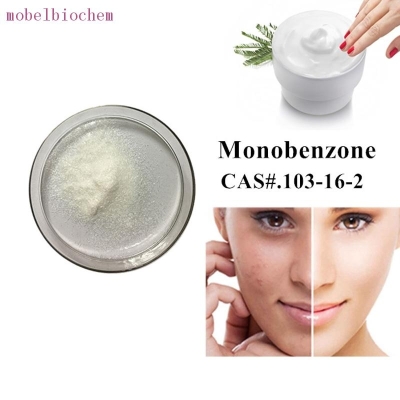-
Categories
-
Pharmaceutical Intermediates
-
Active Pharmaceutical Ingredients
-
Food Additives
- Industrial Coatings
- Agrochemicals
- Dyes and Pigments
- Surfactant
- Flavors and Fragrances
- Chemical Reagents
- Catalyst and Auxiliary
- Natural Products
- Inorganic Chemistry
-
Organic Chemistry
-
Biochemical Engineering
- Analytical Chemistry
-
Cosmetic Ingredient
- Water Treatment Chemical
-
Pharmaceutical Intermediates
Promotion
ECHEMI Mall
Wholesale
Weekly Price
Exhibition
News
-
Trade Service
Next-generation sequencing has resulted in a massive flow of new information predicting the existence of many new genes, their putative promoters, as well as long and small noncoding RNA. However, this is currently largely unmatched by functional studies. A cost-effective and high-throughput cloning system for
PCR
products and synthetic sequences was therefore developed to allow the rapid evaluation of coding and noncoding sequences in functional expression and reporter assays. Unlike traditional cloning approaches that involve subcloning or a special recipient vector and special flanking sequences, this protocol describes a rapid and cost-effective method for the direct insertion into the vector of choice. Restriction enzymes are only needed once to prepare the vector, which is blunt ended and dephosphorylated, and can then serve as the recipient vector for many hundreds of sequences to be tested. Examples are provided of how this method can be used to rapidly reveal functionality of regulatory genes, promoters, and microRNAs.







